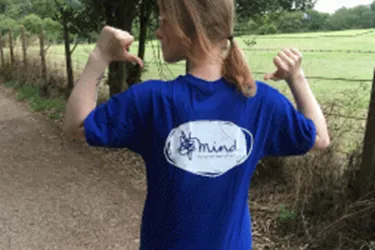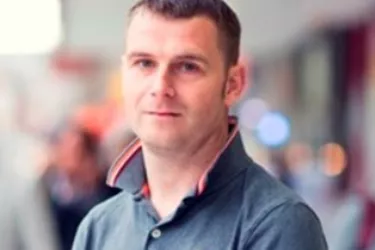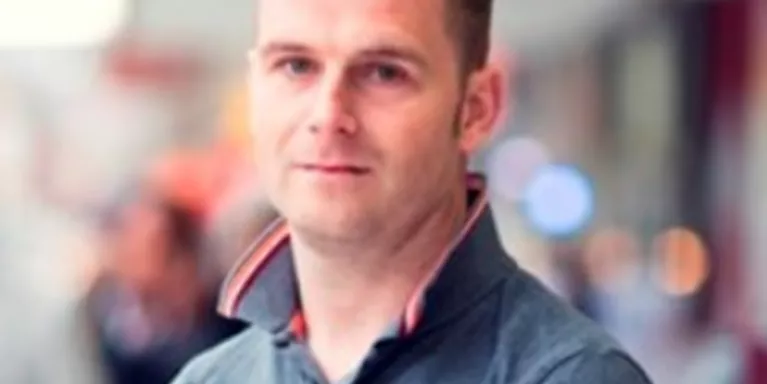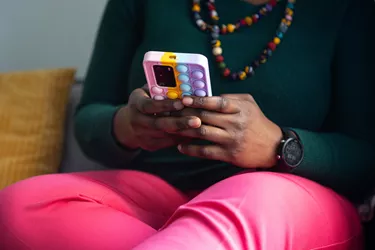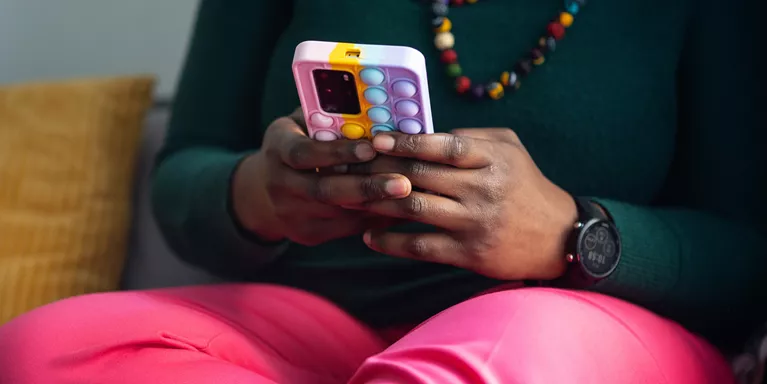Treating mental and physical health together
When I approached my GP about finding other ways of dealing with depression and anxiety that weren’t centered around medication it was fueled by a great need to find a solution.
Paul is a composer and music producer. He practices mindfulness and yoga to keep him grounded and reads extensively about anxiety and depression.
In previous years I had been on several types of medication which were both strong and addictive. Looking back, they did save me at a very desperate time. They took the edge off a horrendous state of anxiety and they gave me space to breathe.
As more time passed, however, I found that my thoughts were cloudy, I was sluggish, and I had no drive or energy for anything (speaking of driving, I couldn’t do that either - my co-ordination was so badly impaired.)
So in my GP’s office, I told him that a psychiatrist wanted to put me back on lithium due to my ‘severe mood disorder’. I had been diagnosed with bipolar II and having been on lithium before, I was scared of the effects it would have on my weight, my energy levels and my general mental clarity.
Surely we could find other treatment plans that didn’t involve prescription drugs? This is when the search began. My GP ordered blood tests to see if I was deficient in any vitamins or minerals. It turned out that I was vitamin D deficient and my vitamin B levels were low. That was step one. A lack of certain vitamins can contribute to depressive states, low energy levels and poor mood.
"I was starting to realise I had to be very mindful of what I was putting into my body."
Further research highlighted the importance of diet. I found out that too much sugar in your diet can affect insulin levels which then have an impact on regulating hormone levels. This was another piece of the puzzle. I was starting to realise I had to be very mindful of what I was putting into my body. If my body was getting everything it needed in order to function efficiently then maybe I was onto something.
Everyone’s heard about the benefits of exercise and the endorphins it releases. Physical activity is sometimes the last thing you feel like doing when you’re feeling low but it really does help. At this stage I was willing to try anything. I also took up yoga. I noticed that a large part of my anxiety was down to the fact that I wasn’t breathing properly. Yoga helped with this immensely.
I found a good psychotherapist and exploring issues, negative patterns and ways to improve on them with an impartial adviser was extremely useful - suffering in silence is something that had almost destroyed me.
It was becoming apparent that there was quite a lot I was able to do on my own to explore treating my mental health. The issues I was addressing helped with the bigger picture. There is no quick fix for depression, but constant care and attention to what we put into our bodies and how we nurture ourselves is crucial to maintaining a sense of stability. I did start to feel better, and I had more strength and clarity to deal with the depressive days when they presented themselves.
"The biggest mistake I made was to stop the self-care when I started feeling better."
The biggest mistake I made was to stop the self-care when I started feeling better. I felt better and therefore thought I no longer had to pay attention to my regime. Like physical health, mental and emotional health need constant attention. It’s not always easy but it is perhaps one of the most valuable lessons I have learnt.

Related Topics

Information and support
When you’re living with a mental health problem, or supporting someone who is, having access to the right information - about a condition, treatment options, or practical issues - is vital. Visit our information pages to find out more.
Share your story with others
Blogs and stories can show that people with mental health problems are cared about, understood and listened to. We can use it to challenge the status quo and change attitudes.










